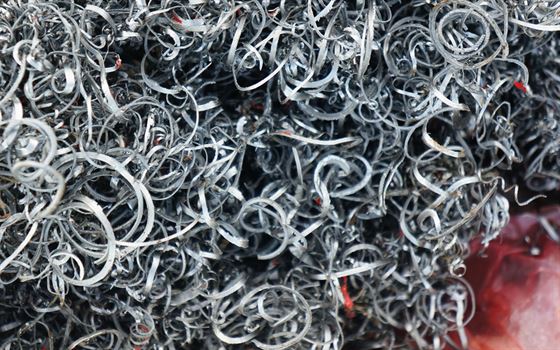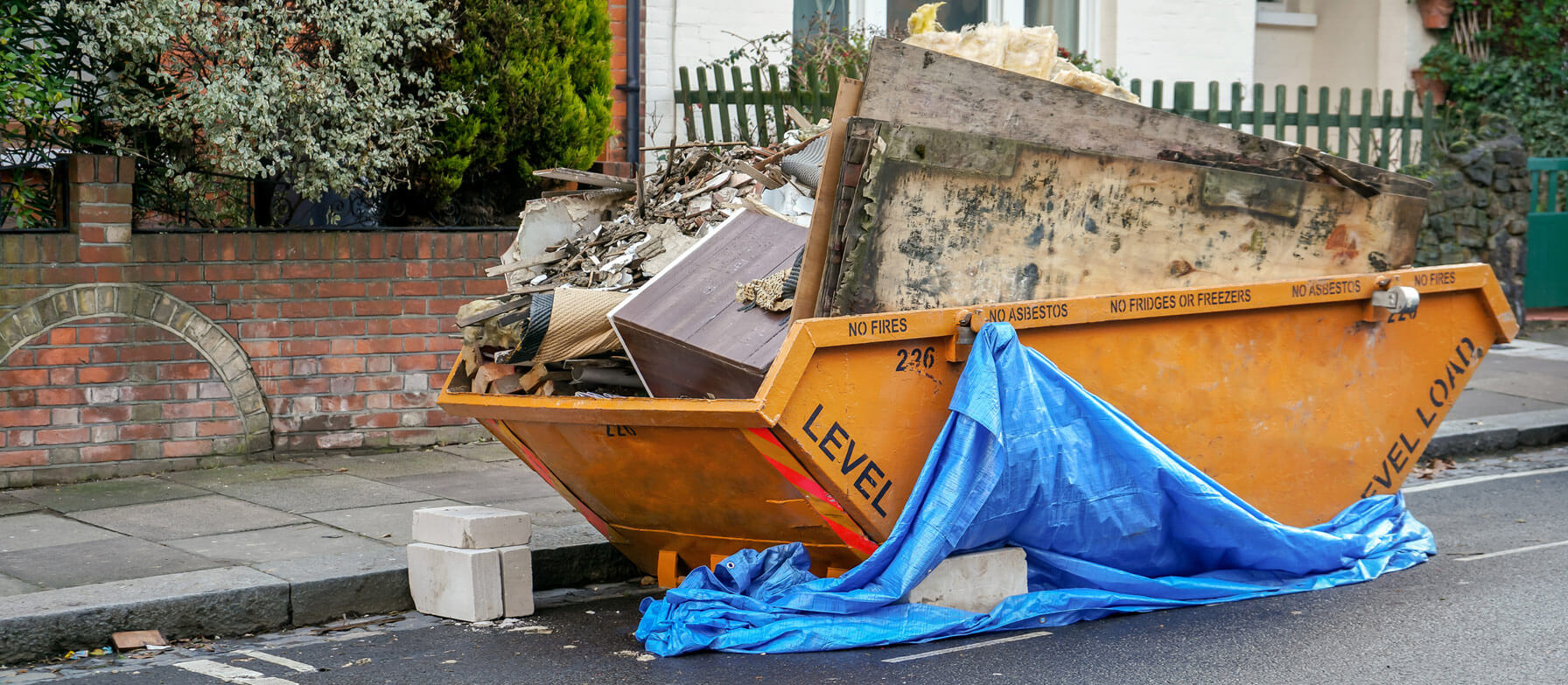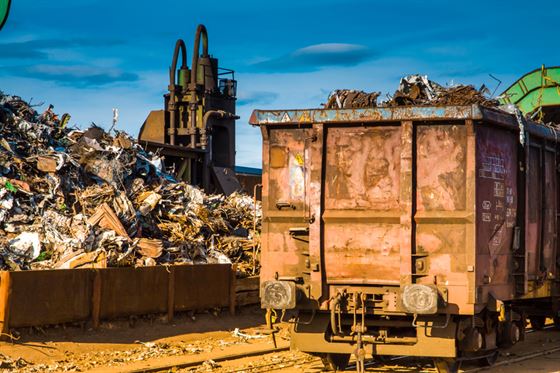As we learn more about the delicate balance we’re all walking between modern life and the environmental impact it creates, we understand more about the world we live in.
In recent years, we have all become more environmentally aware and hopefully adjusted our behaviour accordingly. As we incorporate our green responsibilities into our everyday lives, recycling paper, plastic and cardboard has become the norm for many of us.
When it comes to metal, however, there’s a little more to it than it first appears. Here, we’re going to take a look at ferrous metals, including what they are, and why you should start recycling them if you’re not already.
What Are Ferrous Metals?
In terms of recycling, scrap metal is one of the most sought-after commodities. This is because of the huge differences in energy and resources needed to mine new metal ore, as opposed to simply recycling existing products. In this context, metals are split into two categories: ferrous and non-ferrous metals.
The widely-held belief is that ferrous metals are magnetic, whilst non-ferrous metals are not, but this isn’t strictly true. The real difference is that ferrous metals contain iron and non-ferrous metals don’t. It’s the iron that makes them ‘ferromagnetic’. The word ‘ferrous’ comes from ‘ferrum’, the Latin word for iron.
Ferrous metals include all types of steel including stainless, carbon, and alloy. Because of the iron metal content, it’s also used to describe cast, wrought, and sheet iron, plus metals such as nickel, titanium and chromium.
In this modern world, ferrous metals have become widely used because of the properties they possess. It’s durable, incredibly strong, corrosion-resistant, conducts electricity, and, thankfully, is highly recyclable.

Where Are Ferrous Metals Used?
Due to their versatility and their intrinsic properties, ferrous metals has become a key part of almost everything we do. It’s used widely in engineering projects to make car bodies, machinery, construction projects, fencing, and railings. You might think that given its uses, it’s not worthwhile to recycle, but that’s not the case.
The environmental impact of ferrous metals has wide-reaching consequences. Because of its use in things like car bodies, farm machinery, and radiators, when these items have reached the end of their life-cycle, simply scrapping them is dangerous because of the toxic chemicals within. Things like oil, petrol, brake fluid, and coolant can be easily released into the ground if not recycled properly.
In addition, the sharp, jagged edges the metal will have can cause injury to people and wildlife, especially when they start to rust. Not to mention that fly-tipping is illegal, so it’s crucial to ensure recycling is done correctly.
While it’s clear that ferrous metals can be recycled, there’s also a question of why. As we mentioned earlier, the main reason is that it saves resources. Mining new ore to make the items we’ve talked about is a painstaking task and uses a lot of energy. This means an increase in carbon emissions. It uses much fewer resources to create them from recycled materials, including money! Studies have shown that recycling steel, for example, uses 75% fewer resources. Recycling also stops them from going to landfills, which can only be a good thing for all of us.
The impact of being more environmentally friendly will affect everyone living on this planet. What you do individually might seem small, but all of us doing something is a huge step to creating a world that provides everything we need now, and long into the future.
Thank you for reading this month’s blog. To find out more about our ferrous metal recycling services and general scrap metal recycling services, get in touch with our team today. Give us a call on 01295 710 223 or 07919 561 445 or please fill in the enquiry form on our contact page today.

